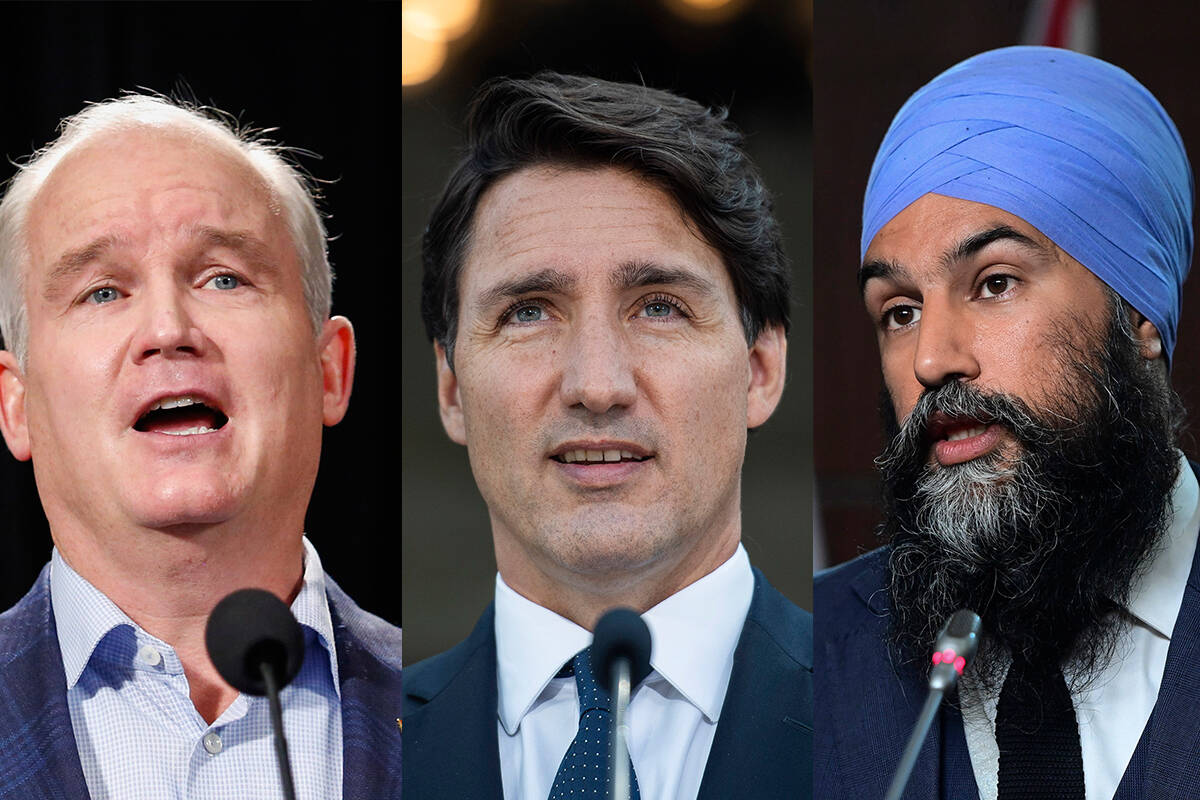All winning parties in federal elections love to claim that they have a mandate from the voters.
You sort of have to squint to see it, usually.
After all, few governments have been elected in Canada with more than 40 per cent of the vote in decades. Canadians aren’t even close to unified on who we want to represent us in Ottawa, so how can we be unified on what direction we want for the country?
That question seems to be doubly important now, in the COVID-19 sequel to the 2019 election. Like a lot of sequels, it’s pretty much a copy of the first one, but less interesting.
We find ourselves, again, with a Liberal minority, a Conservative official opposition, and the NDP and Bloc Quebecois poised to use their leverage.
The PPC upped its vote by appealing to the fringe of anti-vaxxers, but failed to win a single seat; the Greens’ internal troubles seem to have doomed their campaign to expand their presence in the House of Commons.
Despite this sense of deja vu, there is a mandate from the voters: it’s for Parliament to do its job.
The major parties all broadly agree which issues need their attention – health and COVID-19, economic recovery and jobs, childcare, the climate crisis, and Indigenous reconciliation.
READ ALSO: Our View – Democracy doesn’t end at the ballot box
They disagreed on some of the finer points of policy, such as where to set targets for carbon dioxide reductions, or the best way to improve elder care in Canada.
But they all agree that those are the issues that need attention. From that, we can see a path forward, and a mandate emerging from this otherwise pointless pandemic election.
We don’t want posturing or power plays. We just want everyone in the House to sit down and hash out some policies that will tackle those big issues.
They’re called “legislators” for a reason, and that’s because their job is to legislate. Creating a new policy that can get through a divided Parliament, will make a real difference, and won’t break the bank (more than it already is thanks to the pandemic emergency) is a difficult task. The reason some governments are bad at governing is because governing is actually hard! Doing it well is certainly a lot harder than hitting the big red button marked ELECTION again. But they need to get back to that real, substantive work
Compromise is better than inaction, and far preferable to an attempt by any party to win a “mandate.”

